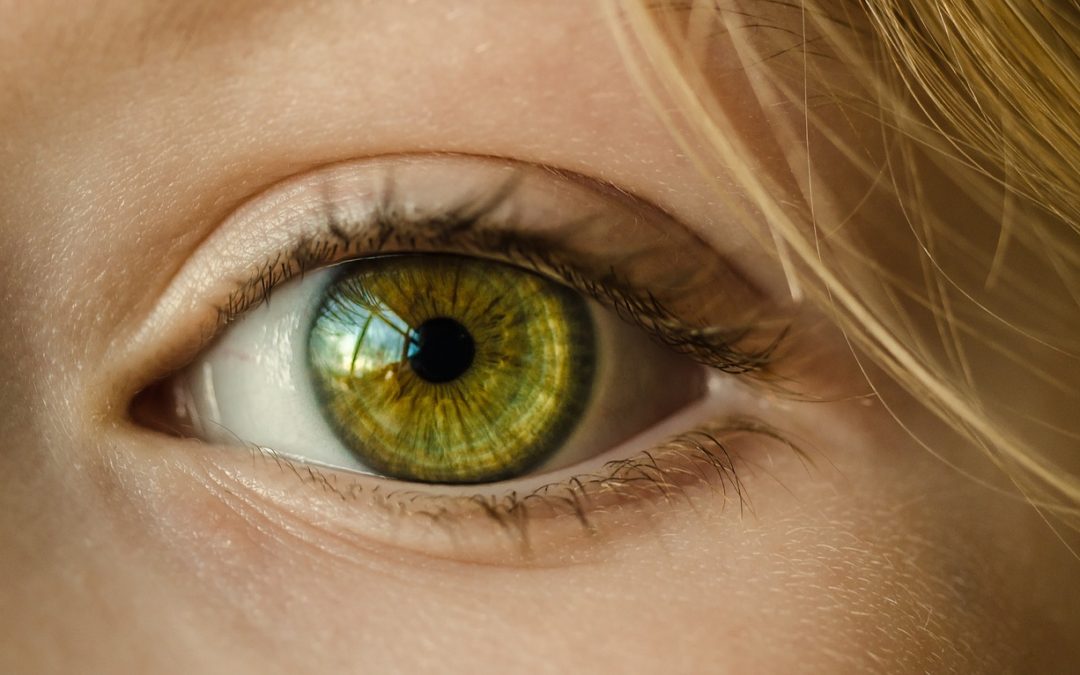Most of us understand how important our eyesight is. Even having a minor procedure carried out on your eyes requires careful consideration and comes with certain risks. When things go wrong, any damage caused can have catastrophic consequences.
Ophthalmology negligence does occur and can result in partial blindness or complete loss of sight. If you have suffered from an injury following an ophthalmological treatment, it’s important that you consult a legal professional as soon as possible.
Types of Ophthalmology Negligence Claims
You may be surprised at the number of areas in healthcare where the eyes are treated. You might have had laser surgery to improve your eyesight, for example. Perhaps you went in for a corneal or cataract operation and it went wrong because of the negligence of the clinician involved.
Everything from glaucoma treatments to improving blocked tear ducts all involve some sort of invasive procedure. It might not be the actual medical work that has caused the problem, however. If you are misdiagnosed or diagnosed too late it can lead to big issues with your sight. Even the incorrect assessment of your prescription glasses or contact lenses can cause problems and be put down to negligence.
Some medical procedures such as glaucoma and detached retinas are misdiagnosed leading to an incorrect procedure being carried out. It might be that you weren’t given medication to prevent infection such as anti-biotics after an operation or your assessment failed to identify potential risks.
The Impact of Ophthalmology Negligence
The eye is extremely sensitive and even a small amount of damage could cause loss of vision and discomfort. With major cases of negligence, the impact on the individual is likely to be profound and life-changing. Complete loss of sight means that an individual will have to learn to cope and make big adjustments to how they live their life.
Making a Claim
If you want to make an ophthalmology negligence claim, the first thing you need to do is consult a solicitor. This can be a little daunting but most legal teams nowadays offer what is called a no win no fee service. This means you can get your case assessed and, if there is a chance of a successful claim, you don’t pay anything to the solicitor until it has been settled in your favour.
At Forster Dean, we have the qualified medical negligence team that will to listen to your case and advise what your next steps should be. Severe eye issues following negligence may mean several things to your future life. You might have to adjust your home to cope with your loss of sight. You may be unable to do the job that you used to and will have to find alternative employment that you can do with limited vision. All these things take time and support to get through which is where your compensation will help.
If you have had treatment for your eyes and this has gone wrong, it’s important that you see a solicitor as quickly as possible. Contact the expert legal team at Forster Dean today to book an appointment.

